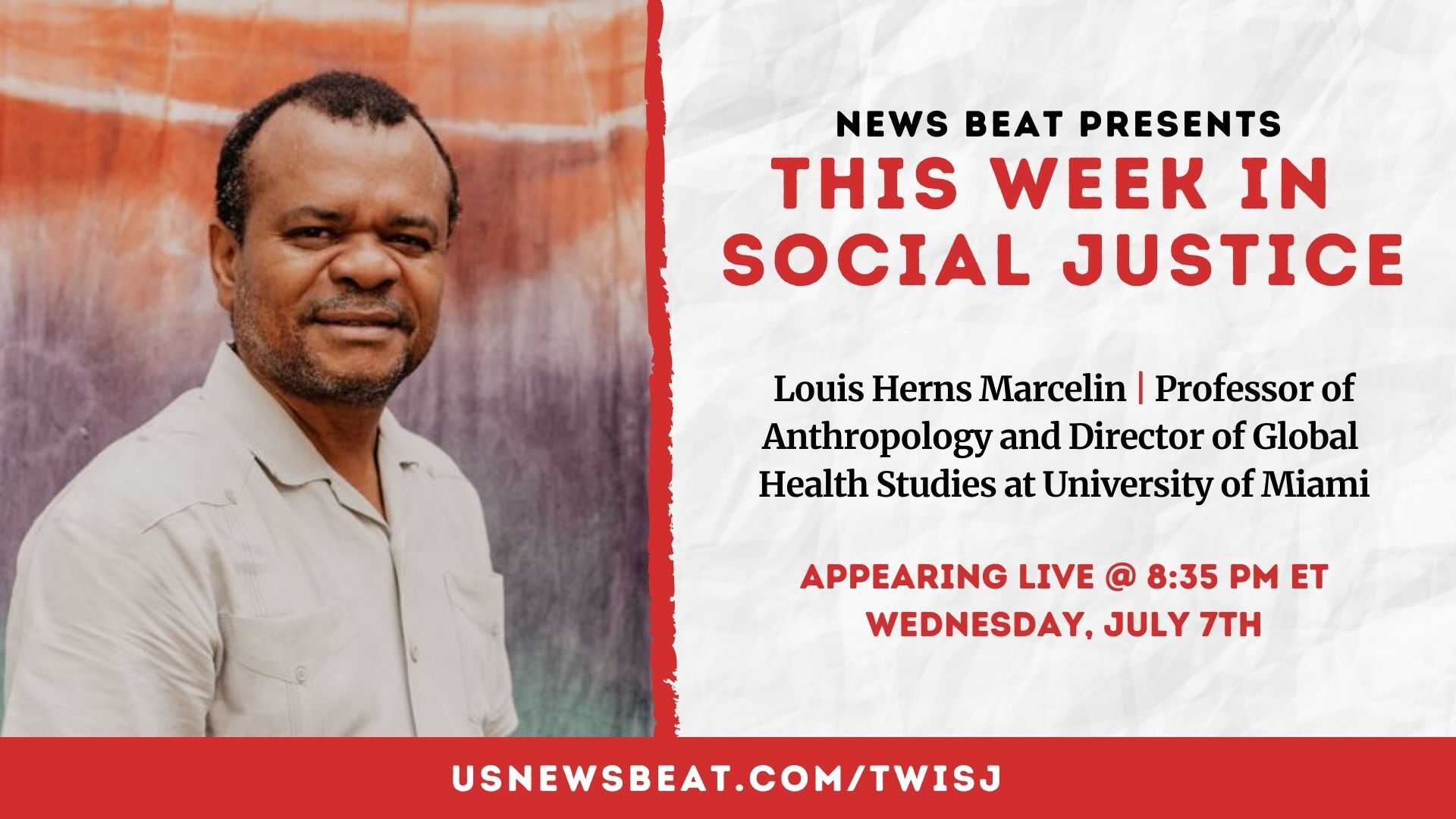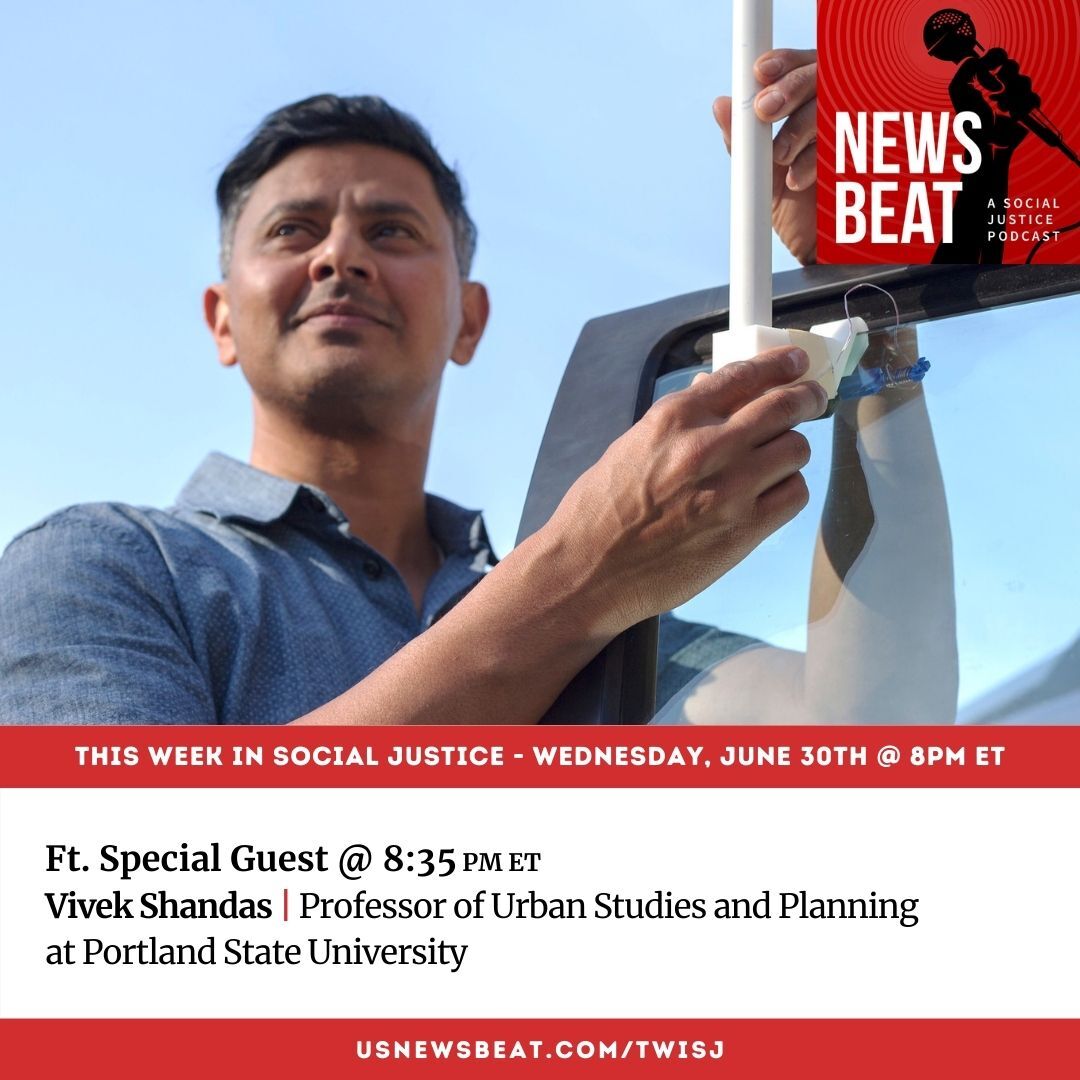On a recent steamy Sunday night, I sat with my pops and watched family members roast s’mores above a crackling backyard fire pit.
For about four hours, we relaxed, played KanJam (minus the alcohol, of course), chatted and laughed, tending to my 6-month-old niece and occasionally chasing the dog around the yard, while enjoying a rather spectacular Eid al-Fitr feast.
It all sounds fairly normal: an immigrant sharing a dinner with his children in a bucolic neighborhood nestled in America’s first suburb. It was the kind of backyard dining experience likely enjoyed by countless other families on such a brilliant, sun-kissed day.
If a news crew or covert government spy agency wanted to document what Eid is like for followers of the Islamic faith, they’d be forced to report back they observed nothing but mundane interactions. Sure, the galloping dog hunting for fluffy suburban rabbits would’ve been cute and all, but otherwise, our gathering was pretty uneventful—boring, even.
On Monday, as a I struggled to shake my kebab-and-lamb chop stupor, my trusty iPhone alerted me to seemingly urgent headlines: The U.S. Supreme Court had decided it would rule on the legality of the Trump administration’s stalled travel ban impacting six Muslim-majority nations. In the meantime, the court said it would allow a limited version of the so-called “Muslim ban” to go into effect—declaring that potential visitors with ties to the United States could travel here, but those with no “bona fide relationship” were SOL.
Ironic that the most powerful court in the land decided to hear the travel ban case just days after the supposedly non-Islamophobic administration broke with two-decade-old tradition and decided against hosting an Eid al-Fitr dinner at the White House to celebrate the end of the holy month of Ramadan.
Perhaps sword-dancing with Saudi royalty in one of the world’s most oppressive nations on the first stop in the president’s much-hyped inaugural foreign trip was all the Muslimness the administration could handle. (The Saudis publicly behead hundreds of people annually for such unforgivable crimes as being gay, cheating on one’s spouse, and committing minor drug offenses, among others.)
Or maybe our delegation’s libido still hadn’t rebounded from lusting over a potential $110 billion weapons deal with the very same regime that outsources a radical interpretation of Islam. (Osama bin Laden, anybody? Some particularly devastating incidents in New York and D.C. on Sept. 11, 2001?!)
Thank goodness the president reportedly had a conversation with members of the royal family about addressing radicalization!
You can’t make this stuff up.
No reason to fret, however: Former oil tycoon-turned-U.S. Secretary of State Rex Tillerson released a statement wishing his best to Muslims celebrating their holy day, complete with an official explainer on how families should spend their day.
“This holiday marks the culmination of Ramadan, a month in which many experience meaning and inspiration in acts of fasting, prayer, and charity,” he declared. “This day offers an opportunity to reflect on our shared commitment to building peaceful and prosperous communities.”
As Muslims sat around the dinner table—or the backyard fire—they all must have been heeding Tex-Rex’s inspiring words. After all, if that KanJam game got out of hand, who knows what would’ve happened!
As the U.S. Supreme Court weighs Trump’s Muslin ban, which the U.S. Court of Appeals for the Fourth District said “drips with religious intolerance,” Muslims in the United States will continue to live life as they have been. Actually, many would be in agreement when the president says “I want people who can love the United States and all of its citizens.” Even so, Trump’s statement could be interpreted as discriminatory when one wonders why he’s assuming new immigrants and refugees from these six nations wouldn’t appreciate, and learn to love, the United States.
After five-plus years of reporting on the Muslim American community—and not just when there’s a terrorist incident—it’s undeniable to me that Muslims in the United States share a deep adulation for this country. That unconditional respect would no doubt be echoed by those seeking visas here—if only they’d be allowed in.
How do I dare make such a proclamation? Because I’ve witnessed this, over and over again, firsthand. Through my reporting I’ve met hundreds of Muslim Americans, all of whom take great pride in having had the opportunity to live in this country.
That’s right, you can learn a lot by sitting down and talking to people from various backgrounds. Imagine that.
Thankfully, my pops arrived during a much simpler time. And as we sat by the fire, there was no talk of bans or how fractured our politics have become. We were too busy spending our evening just as our neighbors were: alongside family, sharing a fantastic meal, reveling in each other’s company.
As for the s’mores, I enjoyed a glorious glass of wine instead, which went down pretty damn smooth.










